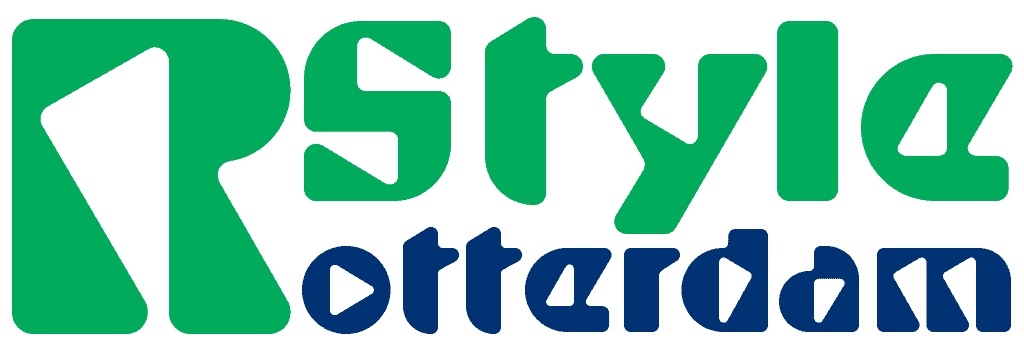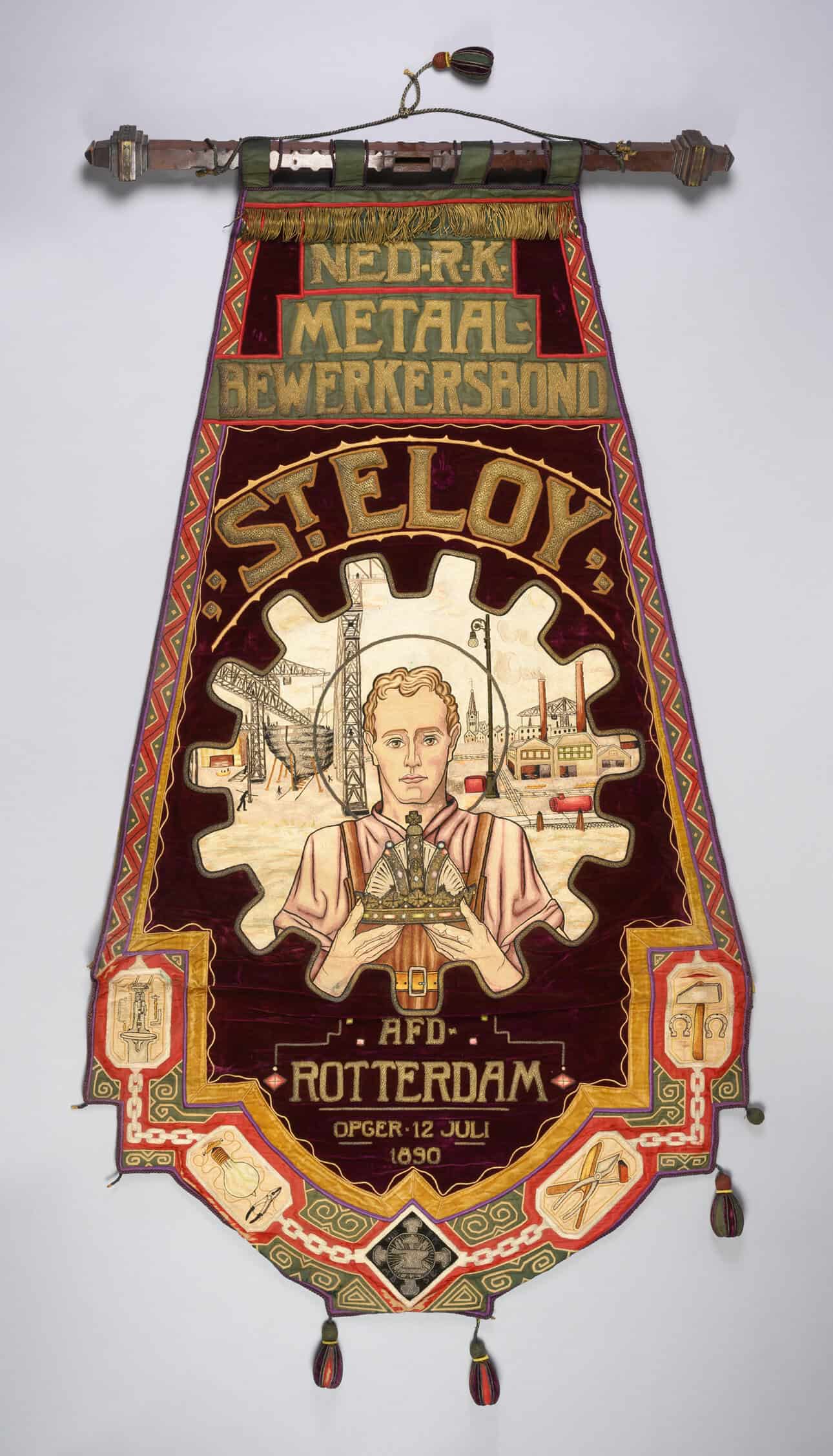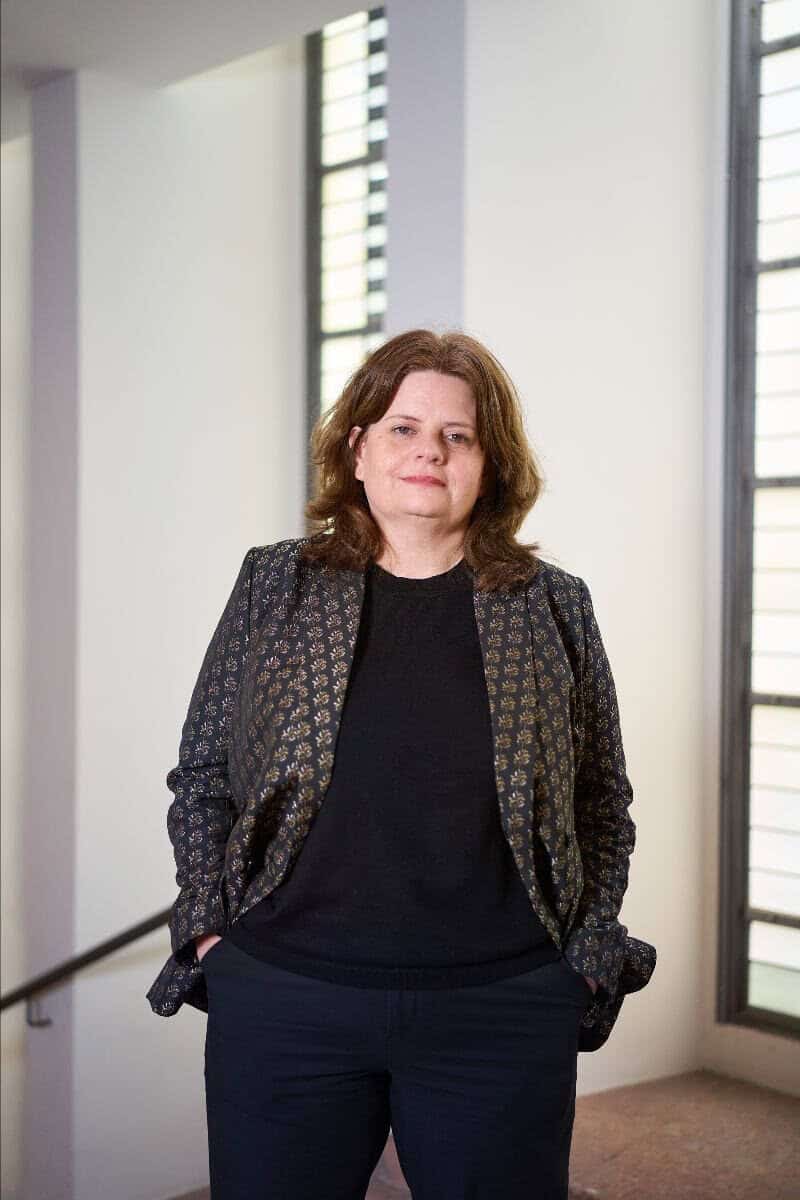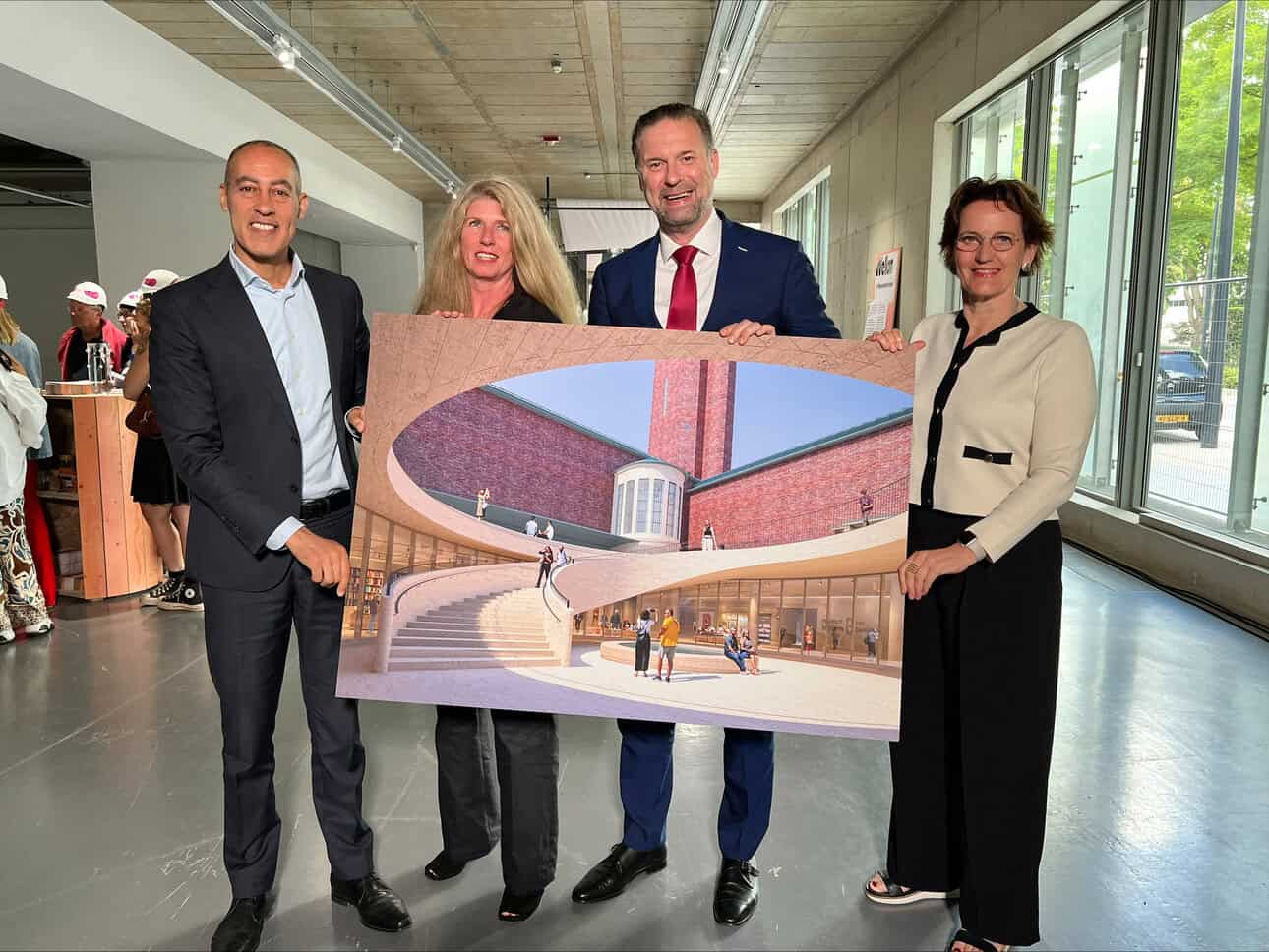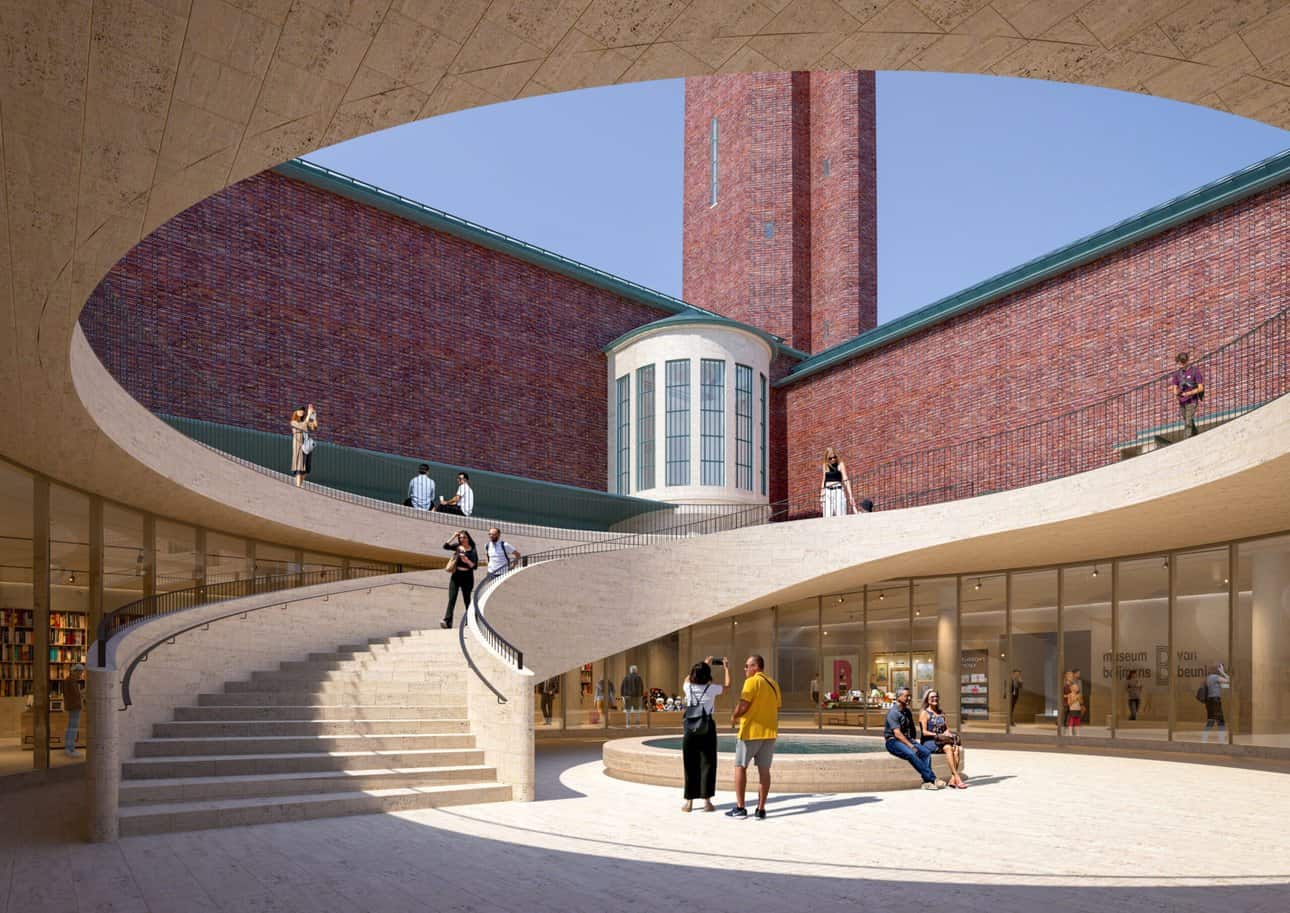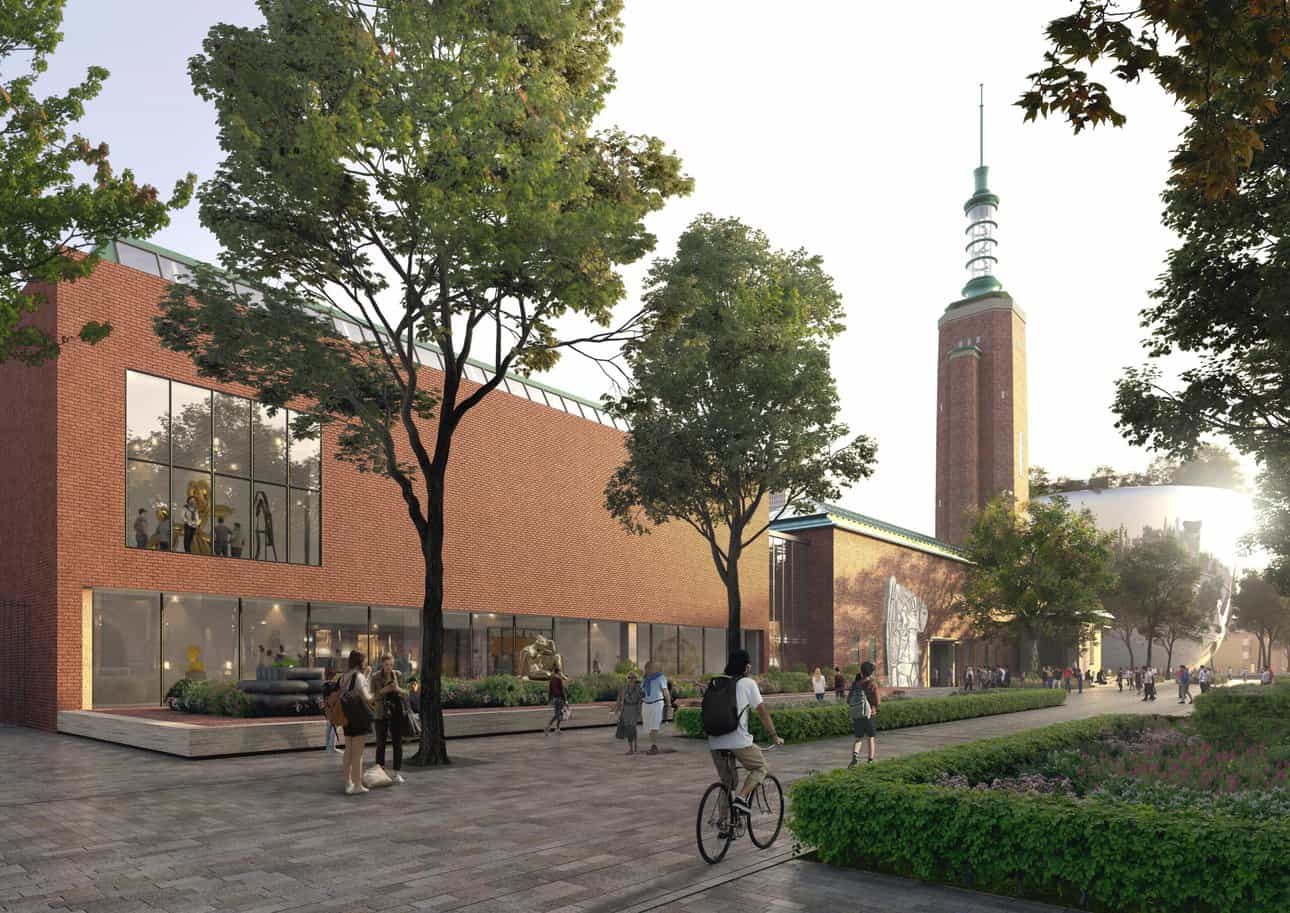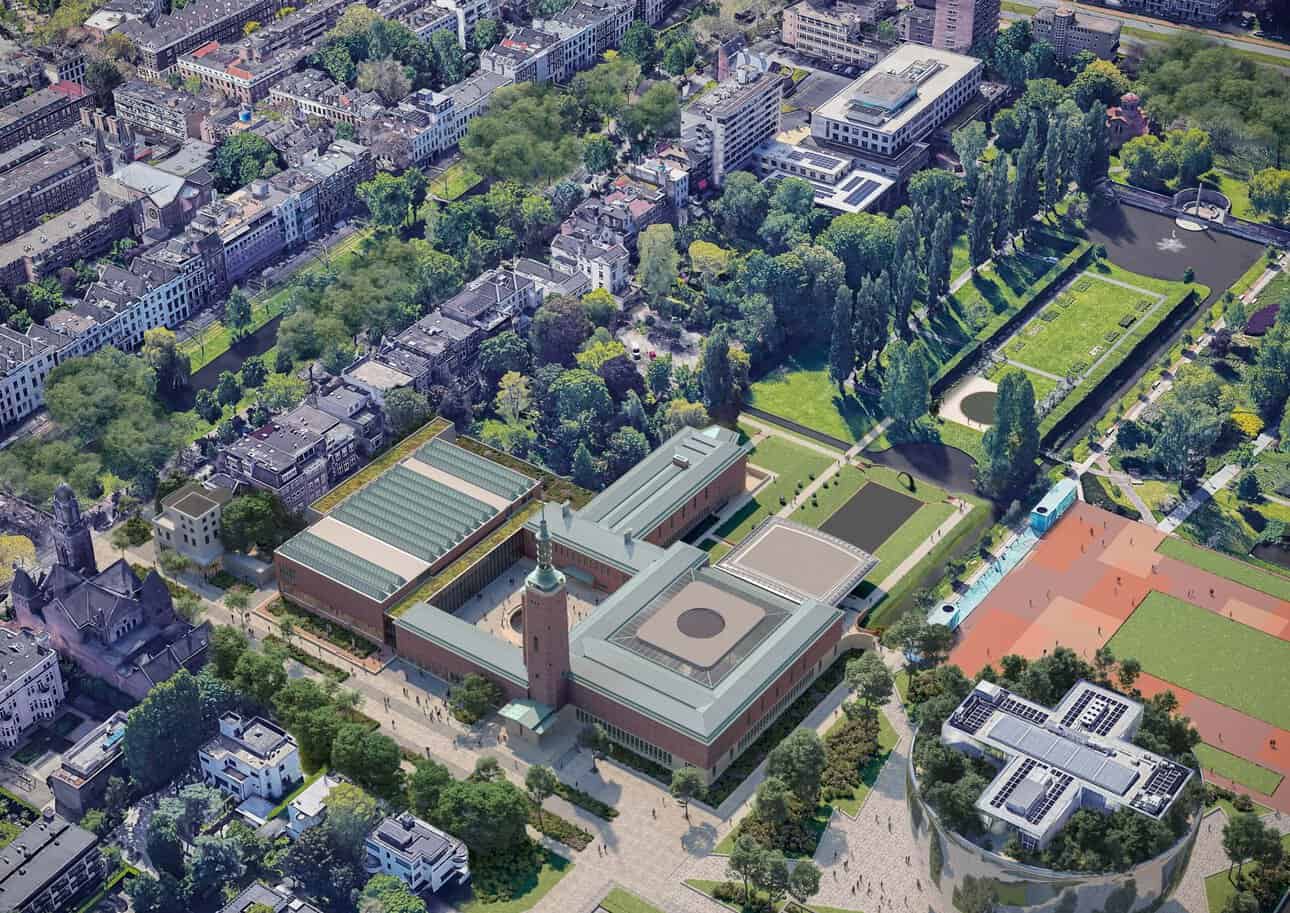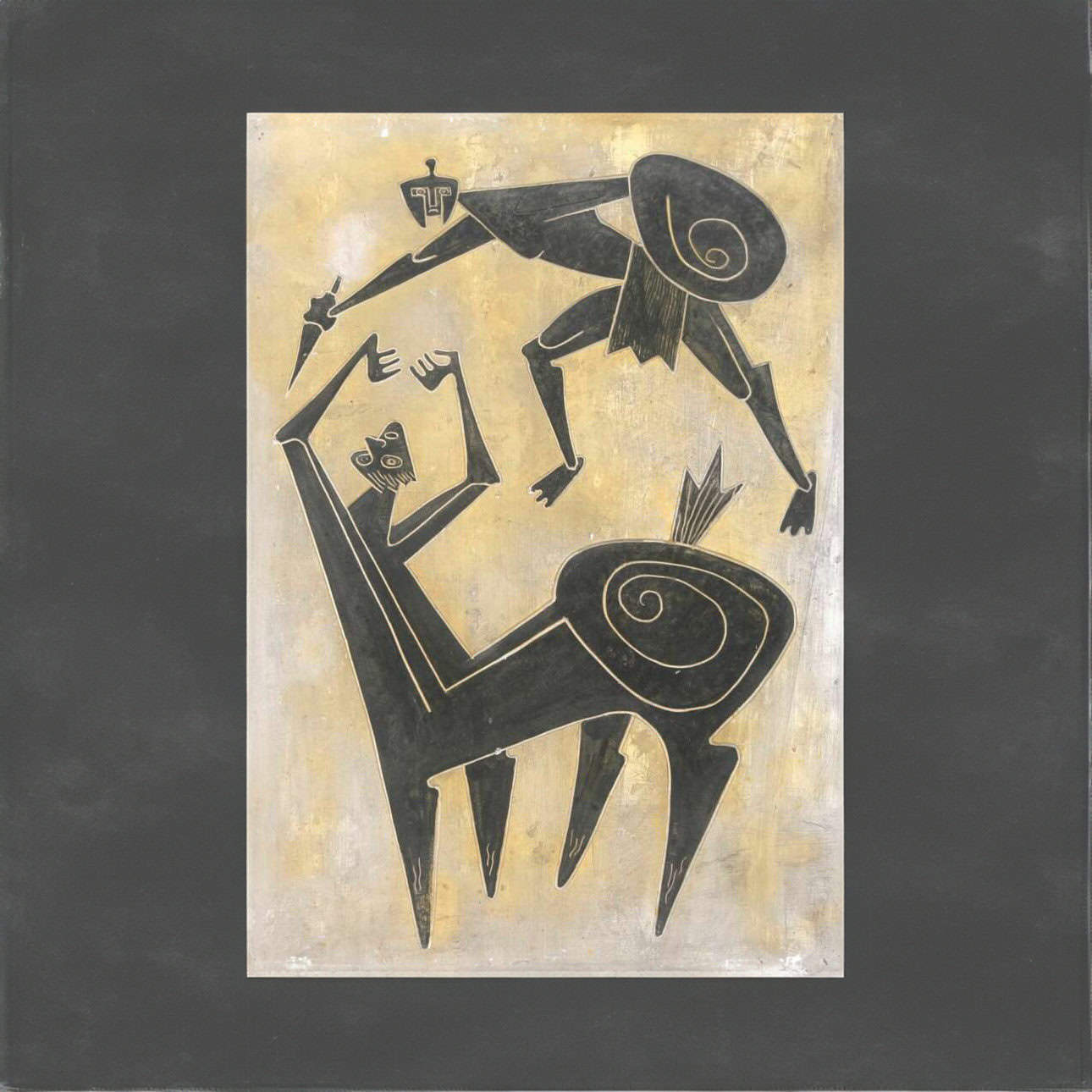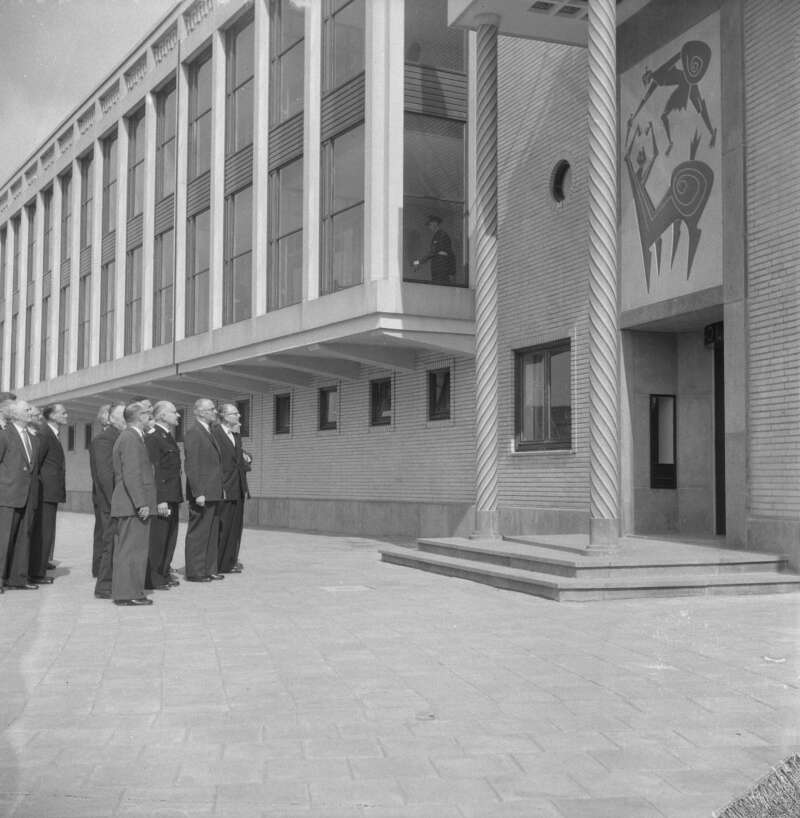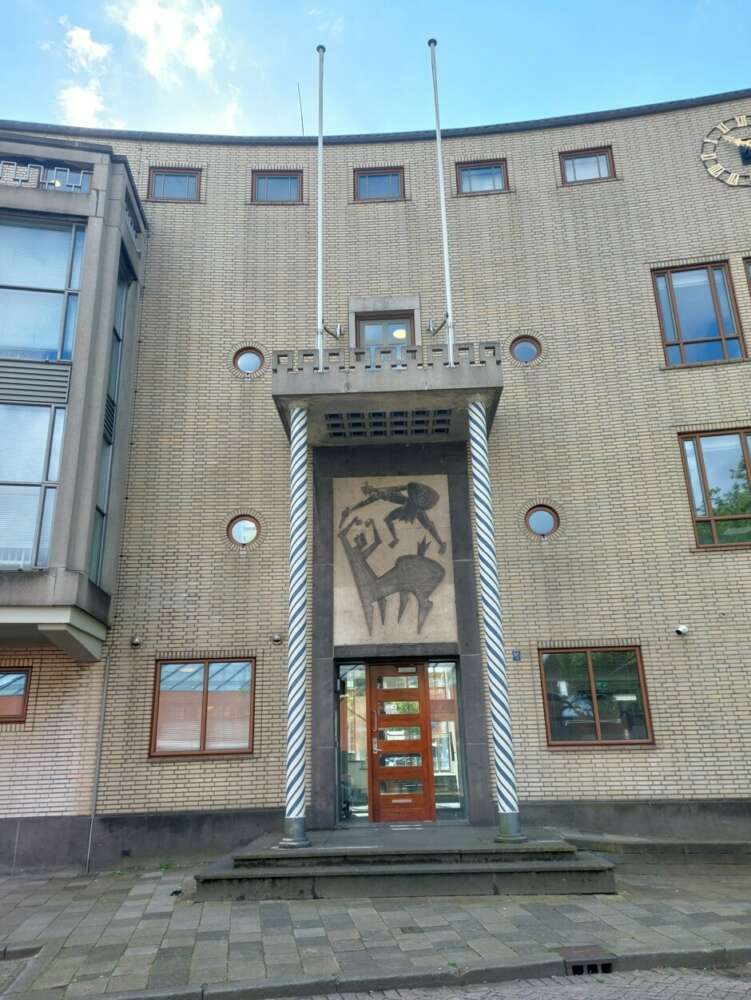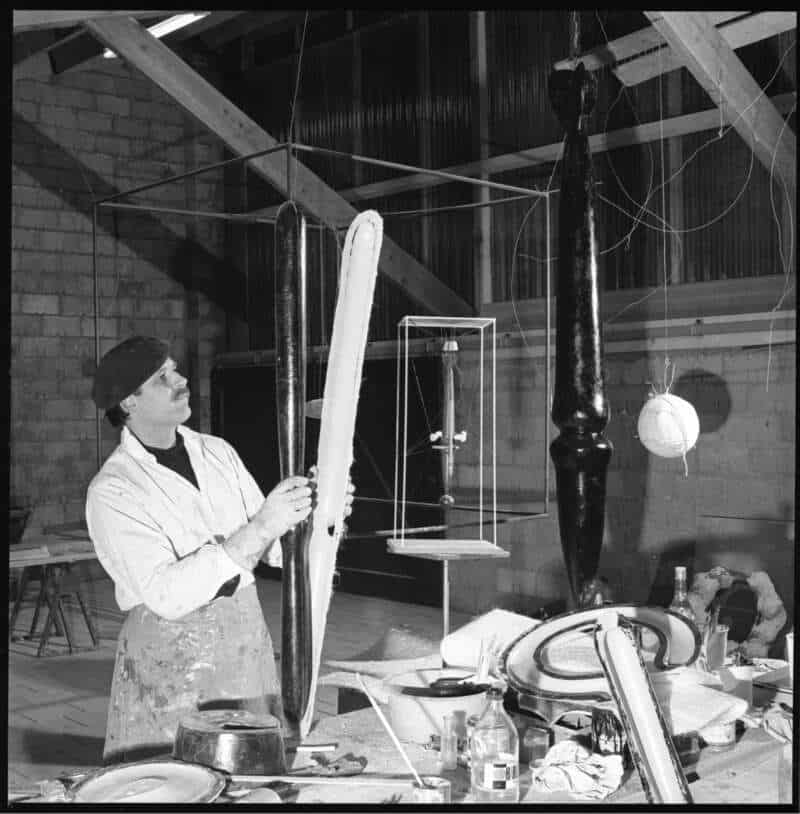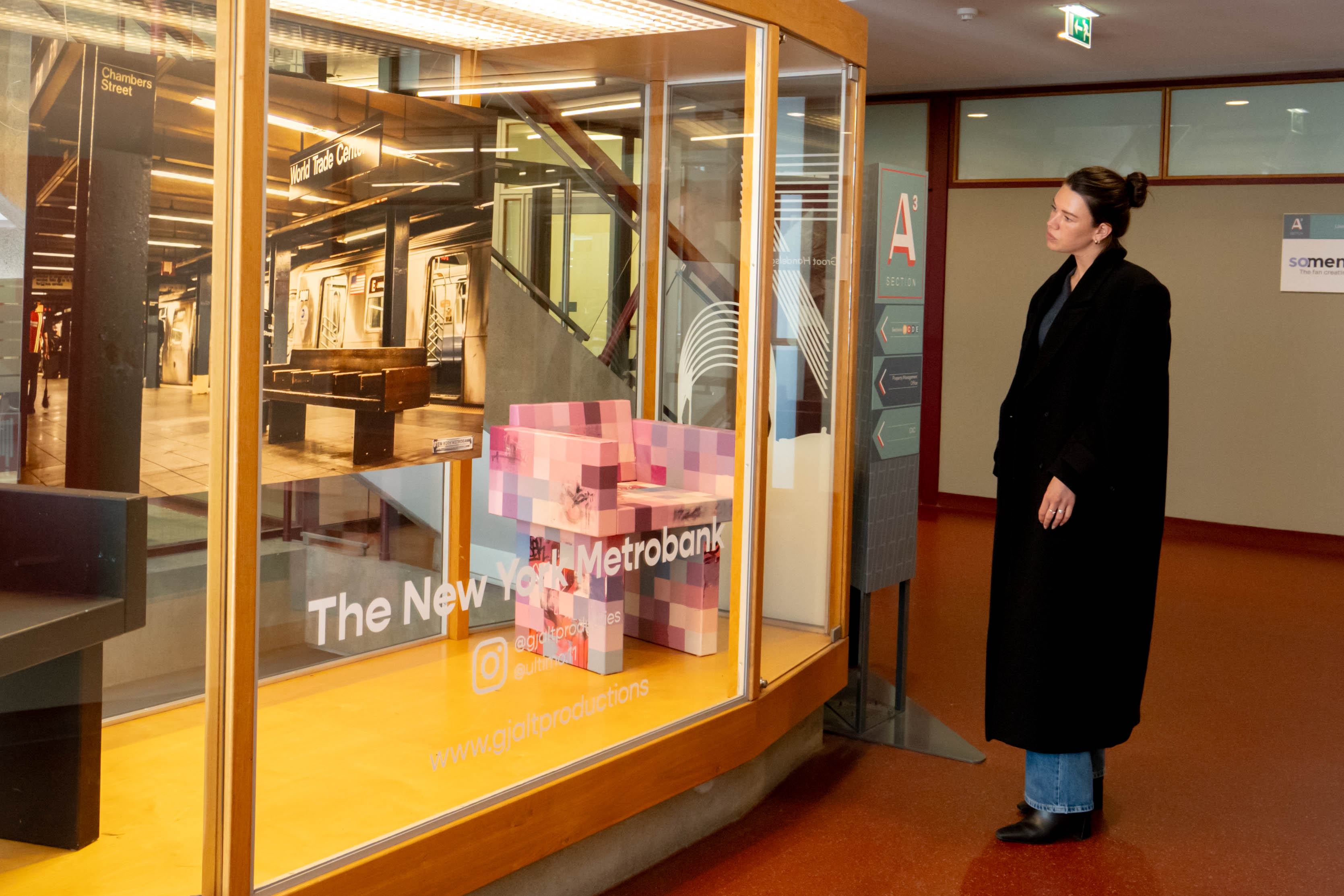ROTTERDAM, 22 July 2024 – An historic banner from the Dutch Roman Catholic Metalworkers' Union has been acquired by Museum Rotterdam, shedding light on the city's industrious past. The banner, dating back to 1925, highlights the union's efforts to stand out in a divided society.
Historic banner enriches Museum Rotterdam's collection
Museum Rotterdam has recently expanded its collection with a notable banner from the Dutch Roman Catholic Metalworkers' Union (Nederlandse Rooms-Katholieke Metaalbewerkersbond Sint Eloy, afdeling Rotterdam). The banner, measuring 180 × 98 cm and dating back to 1925, features a central depiction of the patron saint set against the industrial backdrop of the 'Nieuwe Waterweg' Shipbuilding Company. Curator Mayke Groffen discovered a notebook in the City Archive detailing the creation of the banner. In difficult times, union members set aside wages to fund a first-class banner for demonstrations. This story can now be shared again after many years.
A celebration of Roman Catholic heritage
In 1925, the Rotterdam chapter of the Dutch Roman Catholic Metalworkers' Union celebrated its 35th anniversary. Leading up to the festivities, plans emerged to create a new banner. The board noted that while other clubs had beautiful flags, theirs was worn out. Members were encouraged to buy tickets to finance the new banner, which would be proudly displayed in demonstrations. This visibility was crucial in a divided society, where the Catholic union countered Protestant workers' associations and secular socialist unions.
The depiction: Saint Eloy with a ship under construction
In true Catholic tradition, the metalworkers were under the protection of Saint Eloy. The saint is prominently featured on the banner, holding a shining crown. The banner also includes references to blacksmiths, lamp makers, and electricians. The ship under construction symbolises shipbuilding as the main branch of metalworking in Rotterdam. Notably, the crane runway of 'de Furness' (as the Nieuwe Waterweg Shipbuilding Company was nicknamed) is depicted, with small figures representing the workers.
A city of work
During the interwar period, Rotterdam was proud of its ports and industry. The dynamism, modernity, and port works were considered the true beauty of the city, distinguishing Rotterdam from others. This banner not only reflects pride, but also the hard-fought battles metalworkers endured for labour rights. It is a valuable addition to the museum's collection, highlighting Rotterdam's identity as a working city. The museum is currently exploring conservation treatments to preserve the banner for future display.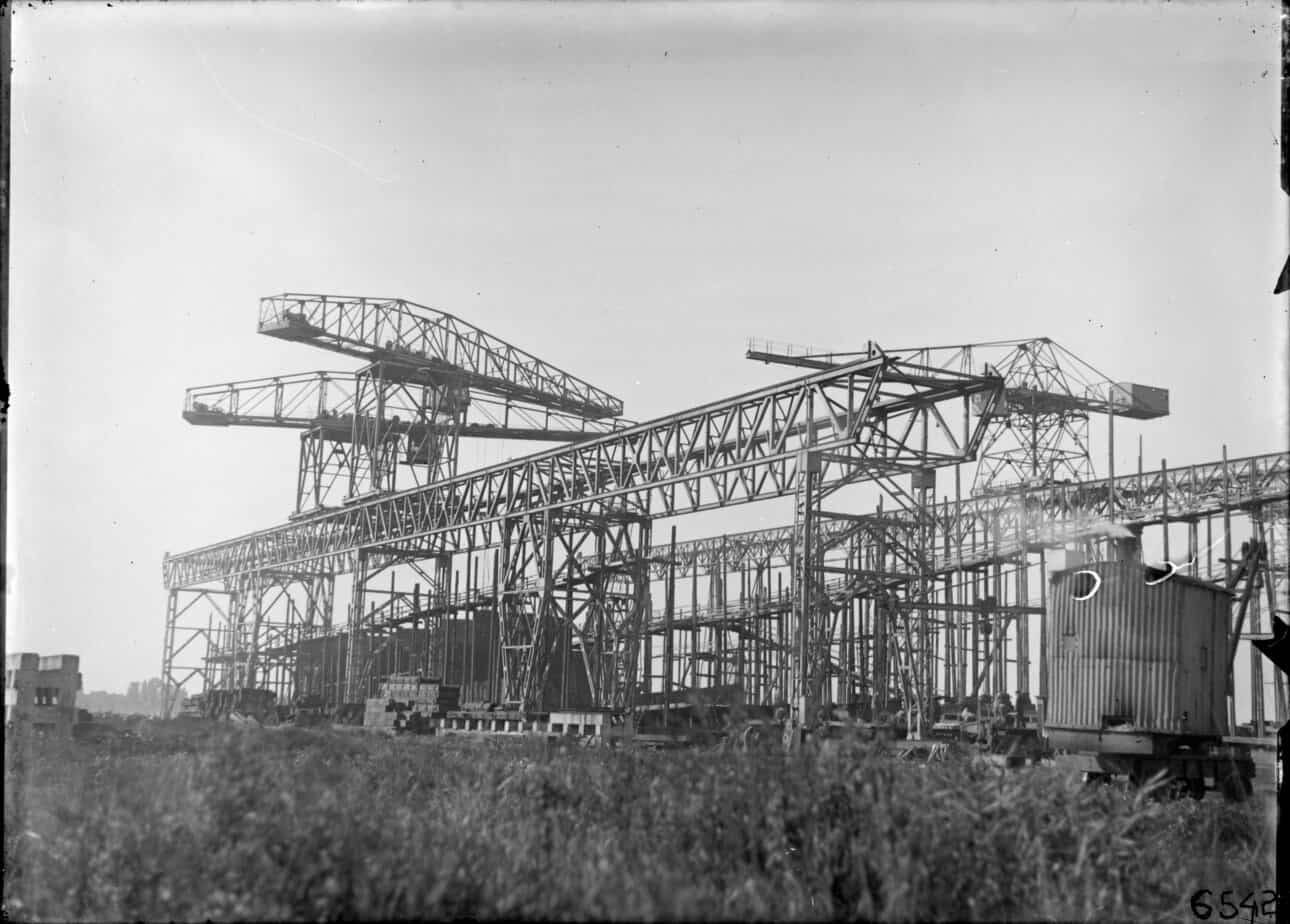 This image shows the shipyard "Scheepswerf De Nieuwe Waterweg" in 1927, located in Rotterdam. It is part of the collection of the Rotterdam City Archives (Stadsarchief Rotterdam), specifically from the RDM collection (toegang 4181). The photo captures the large industrial cranes and structural framework typical of shipyards from that era, reflecting the industrial heritage of Rotterdam.
This image shows the shipyard "Scheepswerf De Nieuwe Waterweg" in 1927, located in Rotterdam. It is part of the collection of the Rotterdam City Archives (Stadsarchief Rotterdam), specifically from the RDM collection (toegang 4181). The photo captures the large industrial cranes and structural framework typical of shipyards from that era, reflecting the industrial heritage of Rotterdam.
Museum Rotterdam
Museum Rotterdam currently operates one public and educational location: Museum Rotterdam '40-'45 NU at Coolhaven, focusing on World War II and the May 1940 bombing. The museum also enhances its visibility through loans from its collection, educational programmes, lectures, city walks, and presentations. Efforts are underway to develop a new city museum, a place where Rotterdam's heritage will be preserved, shared, and brought to life, inspiring and connecting people. Together with the municipality, the museum is seeking a permanent location for this new museum
